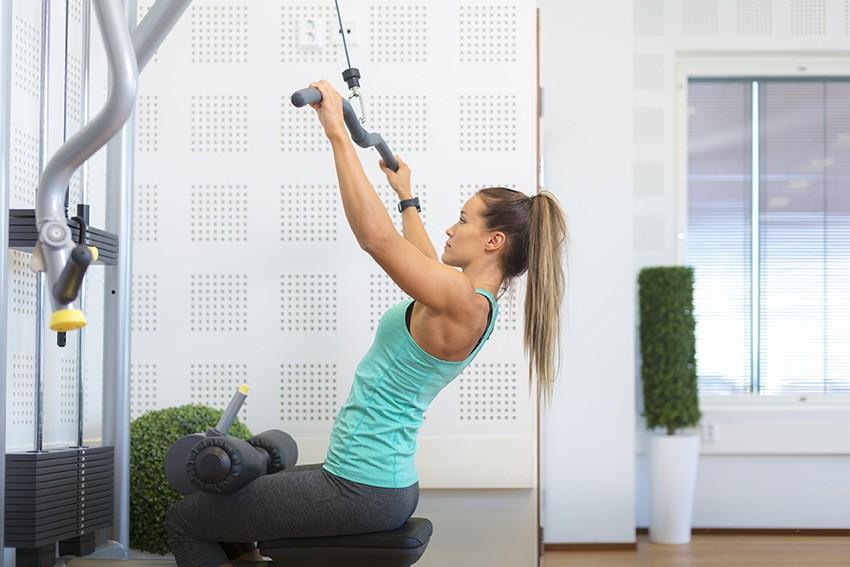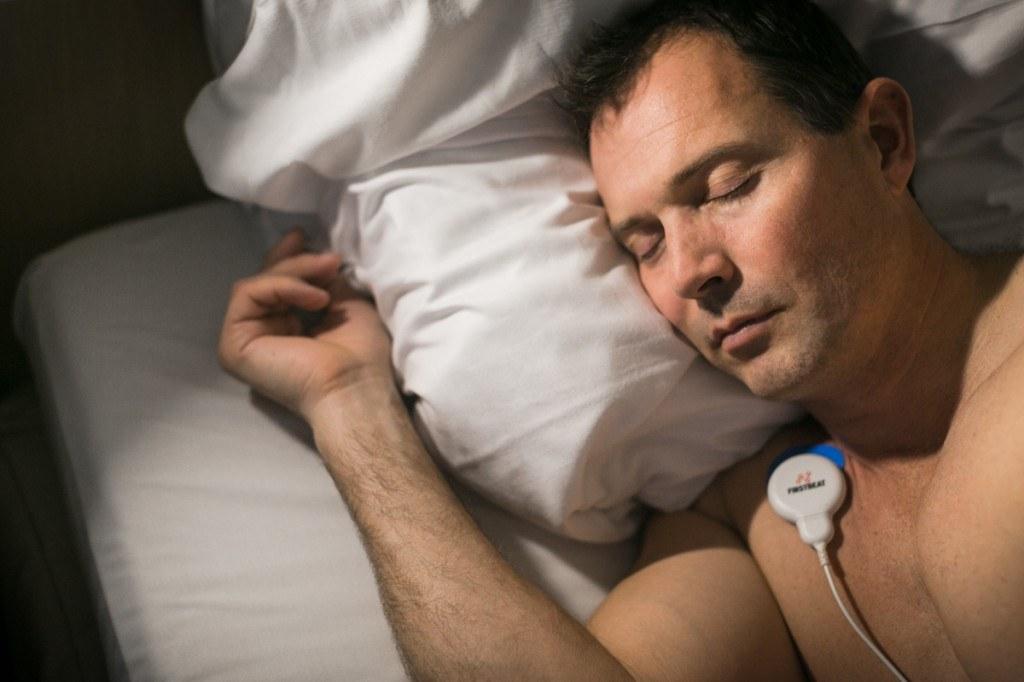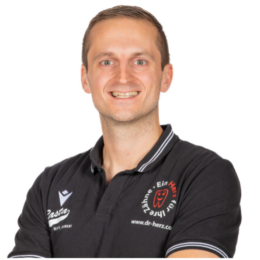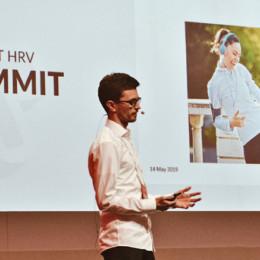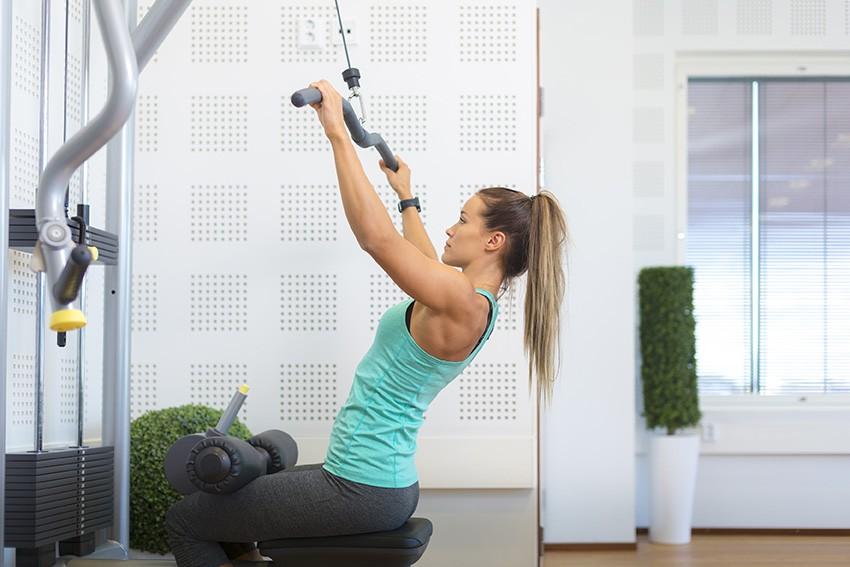
TV, newspapers, books and the internet are full of guidelines and research results about how we should live: how to manage stress, what to eat and drink, how to sleep and when and how to exercise. As important as a good, healthy lifestyle is – and obviously a major challenge for the society and all of us working in this field – trying to achieve it can sometimes become another stressor and figuring out what really are the ingredients of a healthy, balanced lifestyle can get a bit confusing and overwhelming.
There are a lot of do’s and don’ts, and sometimes it seems that you can find a study that makes almost everything unhealthy. Who hasn’t read about the dangers of sitting too much, not walking enough, not exercising hard enough, exercising too hard, doing shift work, working at a desk / computer all day, drinking too much, eating meat, not eating meat, not sleeping enough, sleeping in too late… Some things we have more control over than others, but in the end, it can be hard to know what guidelines to follow!
I read a book review in last week’s paper, called the Wellness Syndrome by Andrew Spicer. The book states that wellness has become a syndrome that requires coaches and sophisticated technology to tell us if we are well or happy. For many, being well has become another form of performance, where you aim for better fitness, the right number of steps, a more beautiful body, less fat and more muscle, a more harmonious existence… The book suggests that people easily start to think that if their wellness device shows the right numbers during exercise, work or sleep, they must be a better, happier person. One of the author’s recommendations is to stop measuring your life and start living it.
I don’t totally subscribe to some of the book’s claims; as a wellness professional working in the field of wellness technology, I see quite a bit of value in measuring! A good device, if used right, can provide a lot of additional motivation and important insights, and for many, some outside guidance can go a long ways in learning to make better lifestyle choices. Even a little bit of competition or peer pressure can be good, as long as it’s kept in perspective.
Our own Firstbeat Lifestyle Assessment can be a great tool in this because it objectively brings out personal strengths and improvement areas based on a 3-day real-life measurement, prompting the participants to set personalized goals and action steps. The most important time comes after the measurement – how the person carries the assessment messages into their real life for sustainable results. On the other hand, there is surely more than a seed of truth in the message of The Wellness Syndrome. When does measuring become the end rather than the means? Or when does the pursuit of a healthy lifestyle cross the line of healthy and start working against itself, stressing people out rather than helping them? And especially with the abundance of guidelines and recommendations – sometimes quite mixed – of what is good for us and what is not, finding the golden thread of personal well-being is not always easy.
- To sleep in and enjoy the slow wake-up on a weekend – or to wake up the same time as usual and get promptly up as soon as my eyes pop open (…which seems to be the official best sleep guideline)?
- To exercise tonight even if it’s pretty late – or to take a day-off and focus on getting the best quality sleep?
- To exercise today according to my personal trainer or virtual coach’s plan, even I feel very tired – or to skip the workout and listen to my body?
- To spend a day-off reading and relaxing, without worrying about to-do’s, steps or training zones, because I just had a crazy busy week and need the down time – or to fight the “laziness” and carry on with the usual chores and routines.
There are no easy or right answers – and the same solutions don’t work for everyone or in every situation. Sometimes we do need to fight the laziness and get out the door to exercise, other times it’s better to accept that rest is the best thing for us… Sometimes avoiding that heavy meal or skipping those glasses of wine at dinner, knowing that you have a long, demanding day ahead is the right decision, other times it’s ok to be a bit more lenient or merciful on yourself. What we do on most days of the week and most weeks of the year counts.
The human body and mind are complicated, unique and multifaceted entities. We do not equal our data. A good old-fashioned dose of common sense, mixed with self-knowledge and learning to listen to your body should form the baseline of individual well-being. No technology probably beats this. But to supplement that and challenge us in a positive way, high-tech devices, physiological analysis and numbers, as well as health and wellness recommendations from the experts can surely help us make the best choices, increase our motivation to do the right things, and in the end, help us find that wellness forest from the trees.
Writer:
Tiina Hoffman
M.Sc., Exercise Physiologist, Wellness Specialist
Firstbeat
If you liked this article, you should subscribe to our newsletter.
You might also be interested in

Optimizing Real-Time Athlete Monitoring Through Historical Data Analysis
This article is written by Domenik Theodorou, a Firstbeat Sports client and Performance Coach at RASTA Vechta, a professional basketball team competing in the Basketball Bundesliga (BBL). Prior to his…
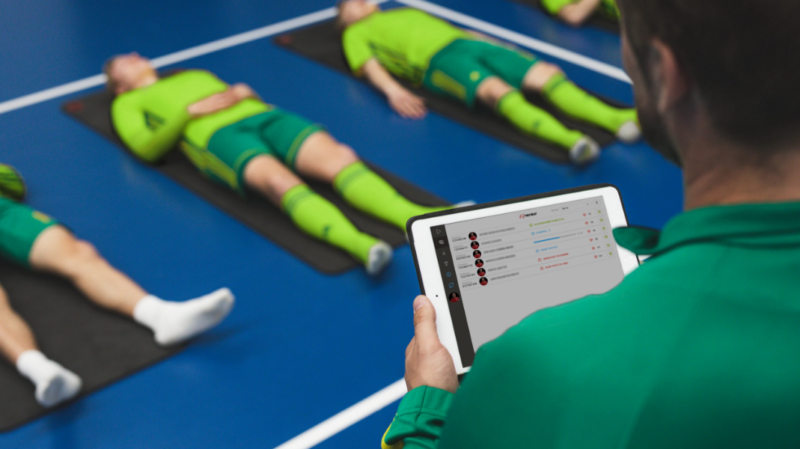
Measuring Sleep to Help Manage Athletic Performance
As part of sleep awareness week, March 13-19, it seems a good time to have a look at the subject and how you can utilize Firstbeat Sports to monitor your…

